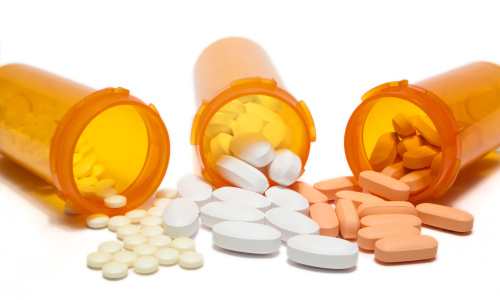A study conducted at the Washington University School of Medicine has found that the use of heartburn medications may lead to heart disease and stomach cancer.
According to the scientists, most proton pump inhibitor (PPI) drugs commonly used to subdue acid reflux that presages heartburns proceed by limiting the stomach’s acid production.
The new discovery is coming after previous studies linked the drugs to an increase in early death risk.
People have widely accepted PPI drugs as harmless but Ziyad Al-Aly, epidemiologist and lead researcher of the study, expressed fears at how often the “detrimental drugs” are consumed – even when not prescribed.
“Taking PPIs over many months or years is not safe, and now we have a clearer picture of the health conditions associated with long-term PPI use,” he said.
“They may fight heartburn, gastroesophageal reflux, and ulcers. But the drugs have also been linked to digestive hormone imbalances, higher risks of fractures, pneumonia, dementia, lupus, and kidney dysfunction.”
Over the space of ten years, the researchers tracked the health of participants who used PPI drugs alongside their counterparts who didn’t and made troubling discoveries.
For every 1,000 people, there were an extra 45.2 percent deaths among those who took PPIs like Nexium, Prilosec, omeprazole and prevacid, in comparison to those who didn’t take these drugs.
Among PPI-linked deaths, 15 per 1,000 PPI users died from heart disease, four out of 1,000 from chronic kidney disease and 2 out 1,000 from stomach cancer.
Much of the 214,467 older veterans involved in the new study, Al-Aly found, didn’t have documented medical need for PPIs and for every 1,000 people on PPIs, 387 died within the duration of the study.
“People call their primary care doctor and say they have heartburn or indigestion and lots of primary care physicians think these drugs are safe. They get no evaluation and use it repeatedly,” Al-Aly added.
“Our study suggests the need to avoid PPIs when not medically necessary. All patients and physicians need to scrutinize the use of PPIs. Overuse is not devoid of harm too. Lives are on the line.”
The study is published online on May 30 in the journal The BMJ.
Copyright 2024 TheCable. All rights reserved. This material, and other digital content on this website, may not be reproduced, published, broadcast, rewritten or redistributed in whole or in part without prior express written permission from TheCable.
Follow us on twitter @Thecablestyle

